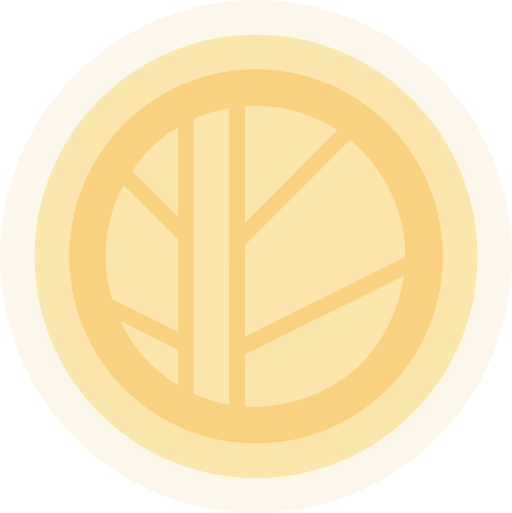Community Schools

Connecting Community with Education
CEDA’s Community School Program is based at Gordon Bell High School, located in the Winnipeg School Division.
Our passionate Community Development Organizer works hand-in-hand with school administration, teachers, staff members, students, parents, and the broader community to identify and address the challenges facing our students and their families. Through this collaborative effort, we develop and implement strategic plans designed to overcome these obstacles, ensuring that nothing stands in the way of our students’ learning and success.
Together, we are not just addressing issues; we are transforming lives, fostering resilience, and building a nurturing community where every child has the opportunity to flourish.
Community Involvement
With this strong community network and leadership, our Community Development Organizer develops and runs programs and projects that address the identified needs of the community at Gordon Bell High School including:
- Rainbow Community Gardens: A vibrant network of community gardens, created in partnership with the University of Manitoba, providing newcomer families in Winnipeg, Landmark, and Niverville with a place to grow, connect, and thrive.
- CEDA Pathways Post-Secondary Transition Project: An empowering initiative developed in partnership with CEDA Pathways to Education, offering vital support to newcomer graduates as they transition to post-secondary education, ensuring their continued success.
- Youth Mentorship Projects: Inspiring the next generation of community leaders through hands-on experiences in:
- Food Security and Food Production: Equipping youth with essential skills to promote sustainable food practices.
- Bike Building and Repair: Fostering technical skills and self-reliance through practical bike maintenance workshops.
- Gardening: Cultivating a love for nature and self-sufficiency with engaging gardening activities.
- Student Exchanges with First Nations Communities: Building bridges of understanding and mutual respect through enriching cultural exchange programs.
